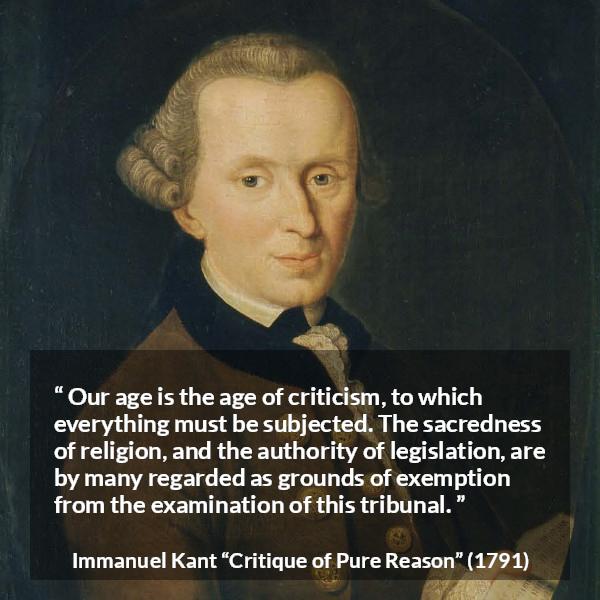

The preconceived concept or preexisting idea is the a priori, or a structure in the mind that organizes the perceptions of experiences into an order that allows us to make sense of the world. In his critique of Western philosophy, Kant realized that much of the writings of his predecessors had rested upon this ultimate appeal to God–metaphysics–placing philosophy in the precarious position of having its efficacy based solely upon a belief in God. Thus Kant replaced Descartes’s blind faith that God would not delude him with human reason and the powers of rational thinking and removed God from the philosophical equation. We understand that “smoke” means “fire” not because one observes the effect of a lit match upon a dry leaf, but because one carries a preconceived concept of cause and effect in the mind a priori or before the fact. Kant replaced Hume’s charge that cause and effect were mere metaphysical constructs with the idea of the a priori: mental structures possessed by human beings that allowed people to logically order empirical experiences in a rational fashion.

Were it not for this belief system, we would be surprised every time we lit a match, saw fire, and witnessed the fire burn an object.

fire causes flame and results in an effect of smoke. The eighteenth century British philosopher, David Hume, suggested that we believe that there is a connection between cause and effect.


 0 kommentar(er)
0 kommentar(er)
